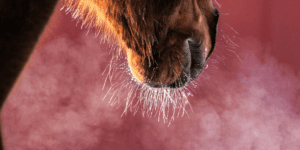
The Horse’s TPR Values: How and Where to Measure Pulse, Temperature and Respiration
Temperature, Pulse and Respiration – Indicators of Your Horse’s Health Early detection of fever, respiratory
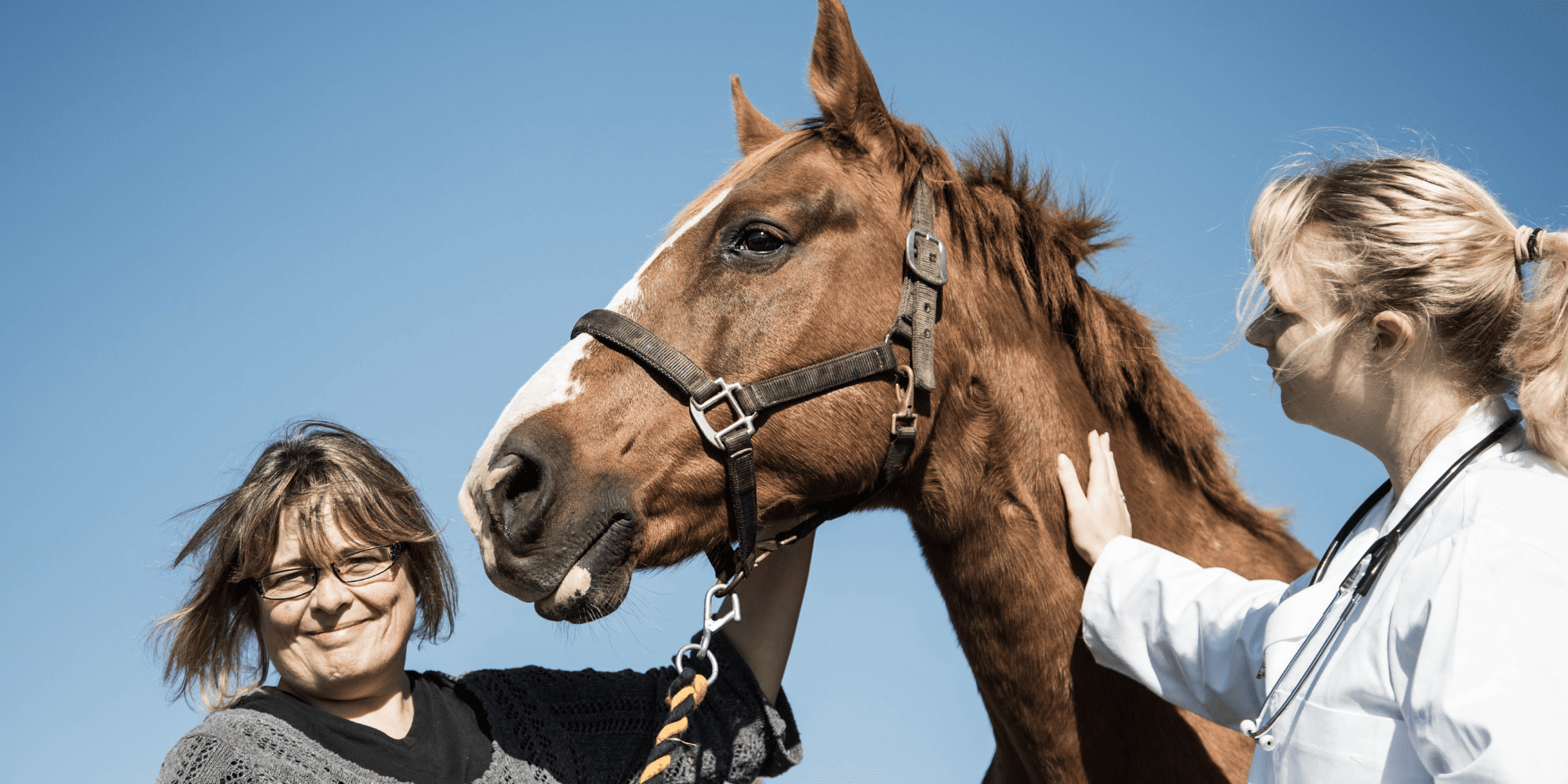
When it comes to your horse’s health, there are many important aspects to consider. One of the most important ways to prevent diseases are vaccinations. In this blog post, you will learn everything you need to know about vaccinations for horses.
Vaccinations are one of the most effective options to protect your horse from serious diseases. They stimulate the immune system and help develop antibodies against certain disease-causing bacteria and viruses. By vaccinating your horse regularly, you are actively helping to maintain its health and minimise the risk of infection.
Vaccinations for horses are subdivided into core vaccinations and risk-based vaccinations. However, regardless of the type of vaccination, they must be repeated regularly in order to maintain the vaccination’s protection. Vaccination schedules should be adjusted based on whether your horse has been vaccinated before or whether you own a brood mare.
Rabies: While Rabies rarely occurs in most western countries, it is a serious and fatal disease, which can be transferred to humans through an affected horse’s saliva. It is a highly recommended vaccination, especially with racoons, foxes and other critters being able to get into stables with ease..
Tetanus: Tetanus is a serious bacterial infection that can enter through injuries or wounds. Regular tetanus vaccination will protect your horse from this potentially fatal disease.
West Nile Virus: West Nile Virus is a dangerous equine disease caused by mosquitoes. Symptoms can include fever, lethargy and neurological problems, making prompt veterinary treatment important.
EEE/WEE/VEE: EEE (Eastern Equine Encephalitis), WEE (Western Equine Encephalitis) and VEE (Venezuelan Equine Encephalitis) are deadly viral infections that affect the central nervous system of horses. They are transmitted by mosquitoes and cause fever, neurological symptoms and often death. Consistent vaccination is crucial to prevent these diseases.
Equine Influenza: Horses are susceptible to influenza, a highly contagious respiratory disease. Influenza vaccination is often required at competitions and should be refreshed every six months.
Equine Arteritis: Equine Arteritis Virus (EAV) is a contagious viral disease that affects horses. It can cause respiratory problems, fever and inflammation. The virus is particularly dangerous for pregnant mares, as it can lead to miscarriage or infection of the fetus, should the foal get born it usually dies within a few days.
Protomic Horse Fever: Protomic Horse Fever is a highly contagious virus that mainly affects horses. It causes fever, respiratory problems and can lead to severe complications. Early diagnosis and strict quarantine are crucial to contain the spread of this disease and protect the health of horses.
Strangles: Strangles, also known as Equine Distemper, is a highly contagious bacterial respiratory disease caused by Streptococcus equi. It causes fever, coughing and nasal discharge and can lead to abscesses in the lymph nodes. The disease requires strict quarantine and medical treatment to prevent spread.
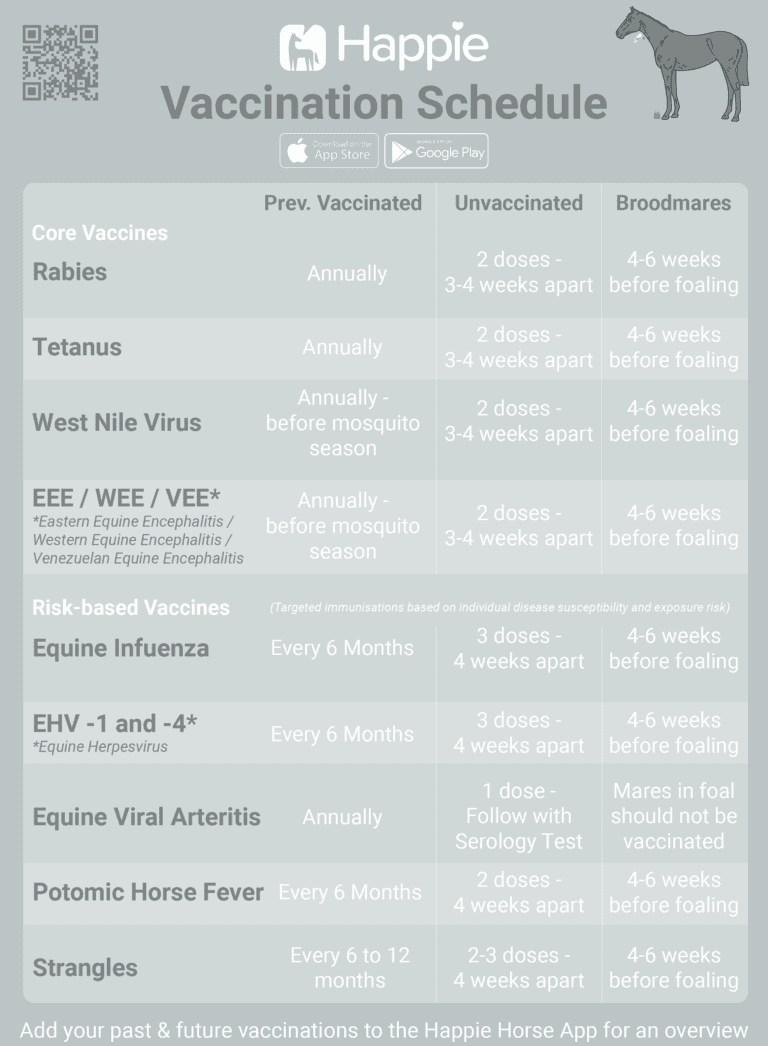
In competitive riding, the EHV1 & 4 vaccinations play a decisive role. The abbreviation EHV stands for Equine Herpes Virus, a highly contagious viral infection that can affect horses. The virus can cause serious illnesses such as respiratory problems, fever, weakness and even abortions in pregnant mares. To reduce the spread of the virus at shows and protect the health of all horses, EHV vaccination will be mandatory at all FEI events from 2025.
The EHV vaccination should be renewed every 6 months, although there may be specific requirements depending on the organiser. It is important that you find out about the current vaccination requirements before each show and ensure that your horse has the current vaccination protection. This is not only in the interest of your own horse, but also for the benefit of the equine community as a whole.
Vaccinating your horse is an essential part of preventive health care. Always be aware of the current vaccination requirements for competitions and keep your horse’s vaccination up to date. Together we can create a healthy and safe environment for our beloved horses.
Enter all your vaccination dates into the Happie Horse App, get reminded and keep track of all your horse’s vaccinations!

Temperature, Pulse and Respiration – Indicators of Your Horse’s Health Early detection of fever, respiratory

Equine asthma, also known as “heaves” or chronic obstructive bronchitis, is a common condition in
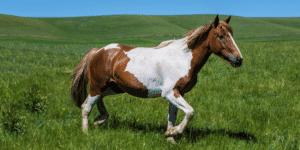
When grooming and saddling, you can easily check your horse’s body for symptoms. In this

Assessing a horse’s overall body condition The body condition score (BCS) is a subjective evaluation
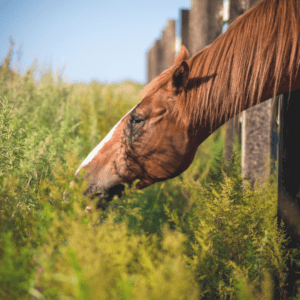
Expert Advice: Kim Lina Pethahn, an independent feed consultant, wrote this article. Common Symptoms and
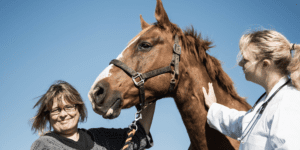
When it comes to your horse’s health, there are many important aspects to consider. One